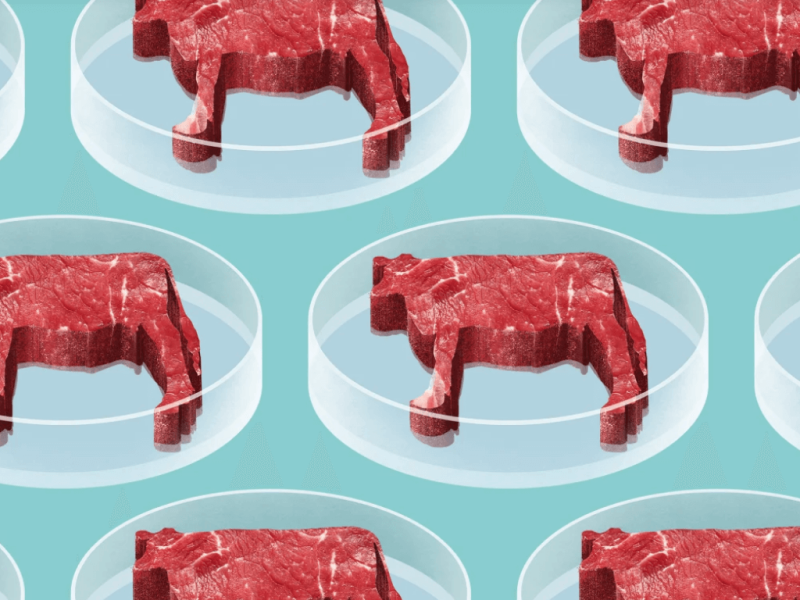There is currently one market where consumers can eat cell-based meat — Singapore. Following approval being granted by the Singapore Food Agency, EatJust’s cultivated chicken went on sale in December 2020 through foodservice, albeit in very limited fashion. Sold as nuggets (in combination with a plant-based chicken alternative), it was offered at SGD23 (USD17) for the two dishes.
Elsewhere in Asia, in May 2022 China’s Five-Year Plan for Bioeconomy Development called on the country to “develop synthetic biology technology, explore and develop new foods such as ‘synthetic protein’… and reduce the pressure on environmental resources brought about by conventional animal agriculture”.
…
Israel has emerged as a hotbed of development. In 2021, Israeli start-ups in this space reportedly raised over USD500 million, comprising over one third of such investments made worldwide. In April 2022, the Israel Innovation Authority granted USD18 million to the Cultivated Meat Consortium (established October 2021), consisting of 14 companies and 10 universities/research institutions in the field.
The US is clearly gearing up for cultured meat to be available via retail; in March 2019, the USDA and FDA announced a joint regulatory framework, having releasing an initial statement about this development in November 2018. Furthermore, the USDA opened a consultation on terminology “regarding the labelling of meat and poultry products made using cultured cells derived from animals” in September 2021, receiving over 1,000 submissions.































